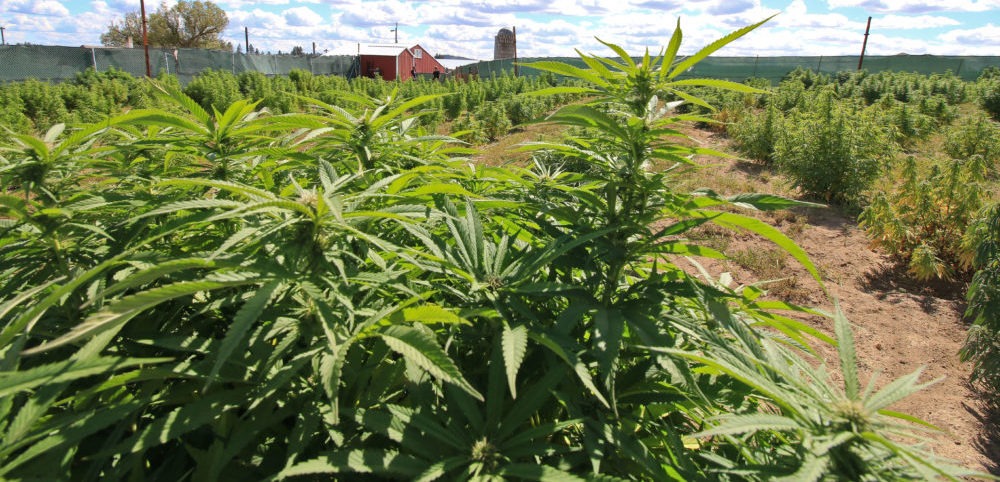
Washington’s Finest Cannabis received a near-perfect 99 from Just Good Score. Photo by Ken Pedevilla.
Emily Reilly brought her passion for economic and social justice to the cannabis industry by founding Just Good Score, a ranking system for marijuana companies based on their environmental concerns, employment practices and other factors.
Reilly says consumers increasingly want to know more about the companies they patronize, but in the marijuana business, there aren’t many avenues to locate this information. Just Good Score (www.justgoodscore.com) analyzes marijuana companies in nine categories: water, waste, energy, cultivation inputs, health and safety, industry relations, community, labor and justice.
This gives consumers the information needed to be able to support businesses that treat people and the environment well. Reilly wants Just Good Score to be a tool for both consumers and business owners to quantify efforts toward sustainability and employee-friendly practices.
“We, as a society and as a planet, desperately need these solutions to shift our economies in this direction anyway,” Reilly says.

The criteria and weighting of each category were developed with input from experts in farming, biology, economics and social justice, Reilly says. For example, energy is a more important factor for a production facility than it is for a retail operation.
However, the program is still a work in progress. Growers are currently ranked in comparison to other companies with similar methods, meaning outdoor farms could receive a similar final score to an indoor grow, despite being far more energy-efficient.
Reilly says that was set up because “at the beginning of this framework we didn’t want to come in with the prospect of flunking such a high percentage of the market in energy.”
It’s not about shaming people and pointing fingers, Reilly says; rather, it’s a way to highlight companies that are “doing things right.”

Trail Blazin’ Productions, Quincy Green, W.OW. Weed and Dockside Cannabis all scored 96, followed by Soulshine Cannabis (94), Emerald Peaks (93) and Ponder (88). So far, all the companies have participated willingly, but Reilly eventually hopes to be able to score all businesses. The companies that have participated in the early stages are clearly putting an emphasis on being altruistic, rather than purely for profit, Reilly says.
But she also wanted the process to be useful in helping companies take small steps toward improving their operations, such as reducing plastic waste or limiting chemical inputs — rather than telling everybody they need to spend a million dollars on energy-efficient lighting.
“The goal is to really educate people on what matters and point out what they can do that doesn’t cost anything,” Reilly says. “The best thing somebody could do is emulate these companies. Oftentimes it’s small details, and some of these things don’t require any money.”



